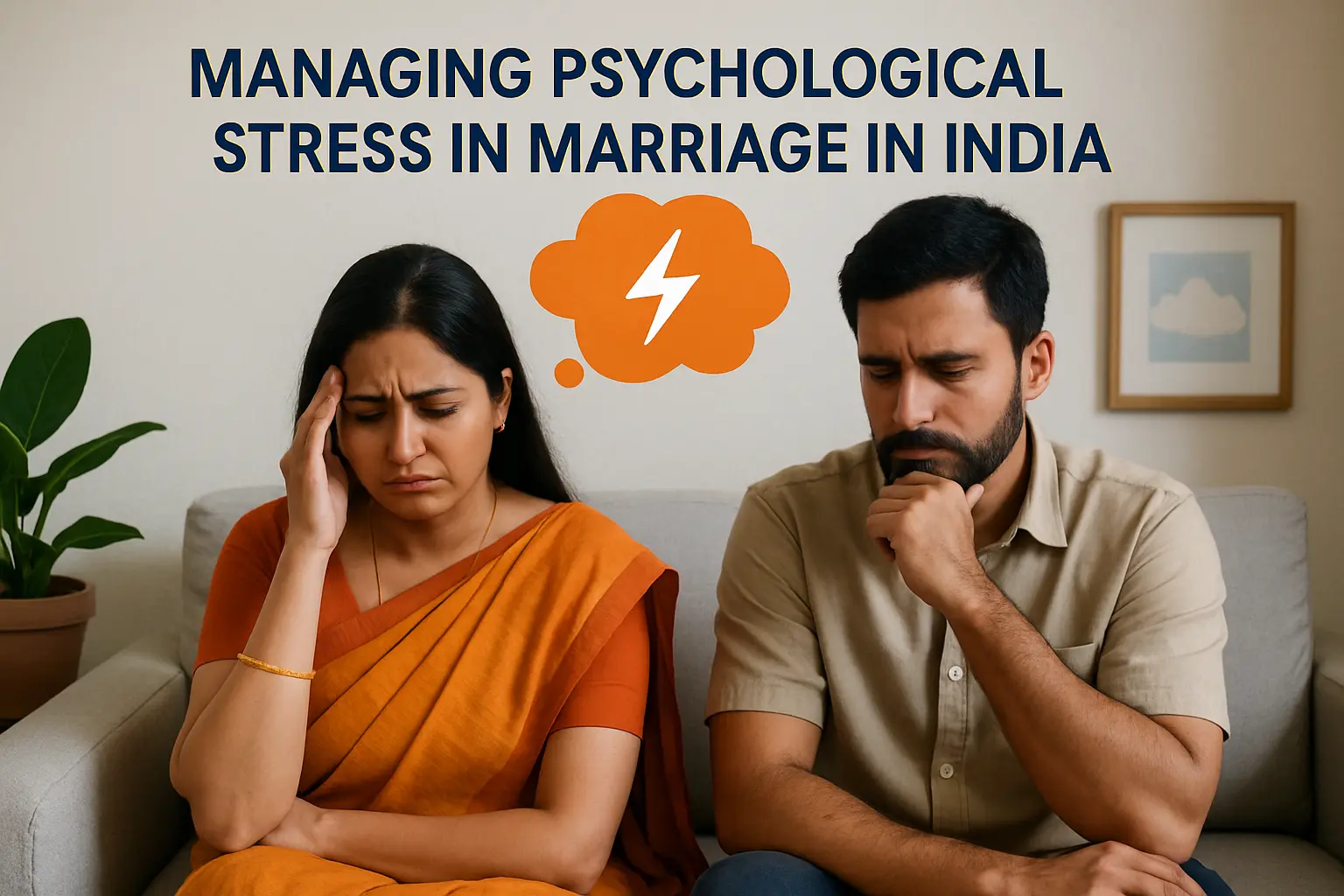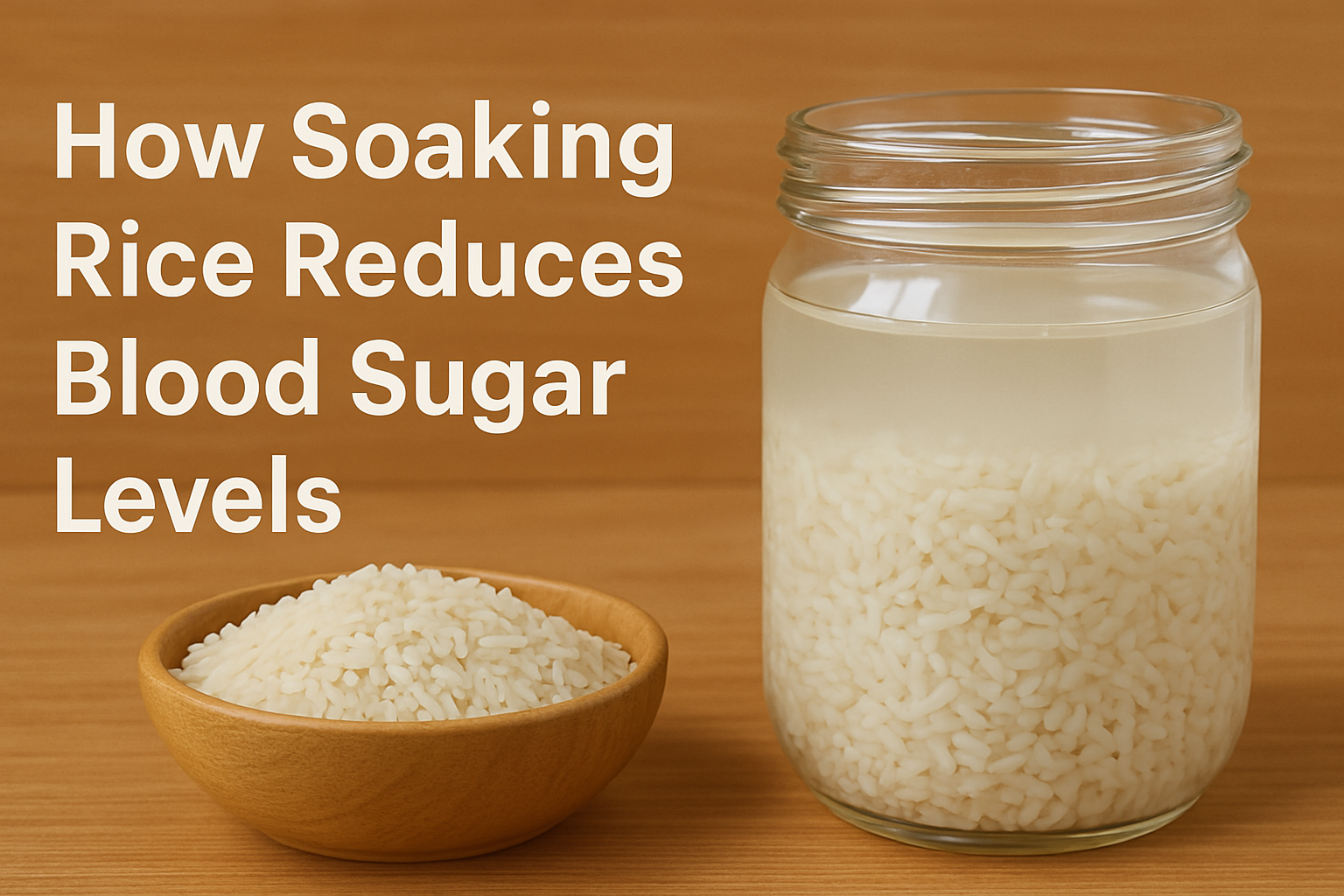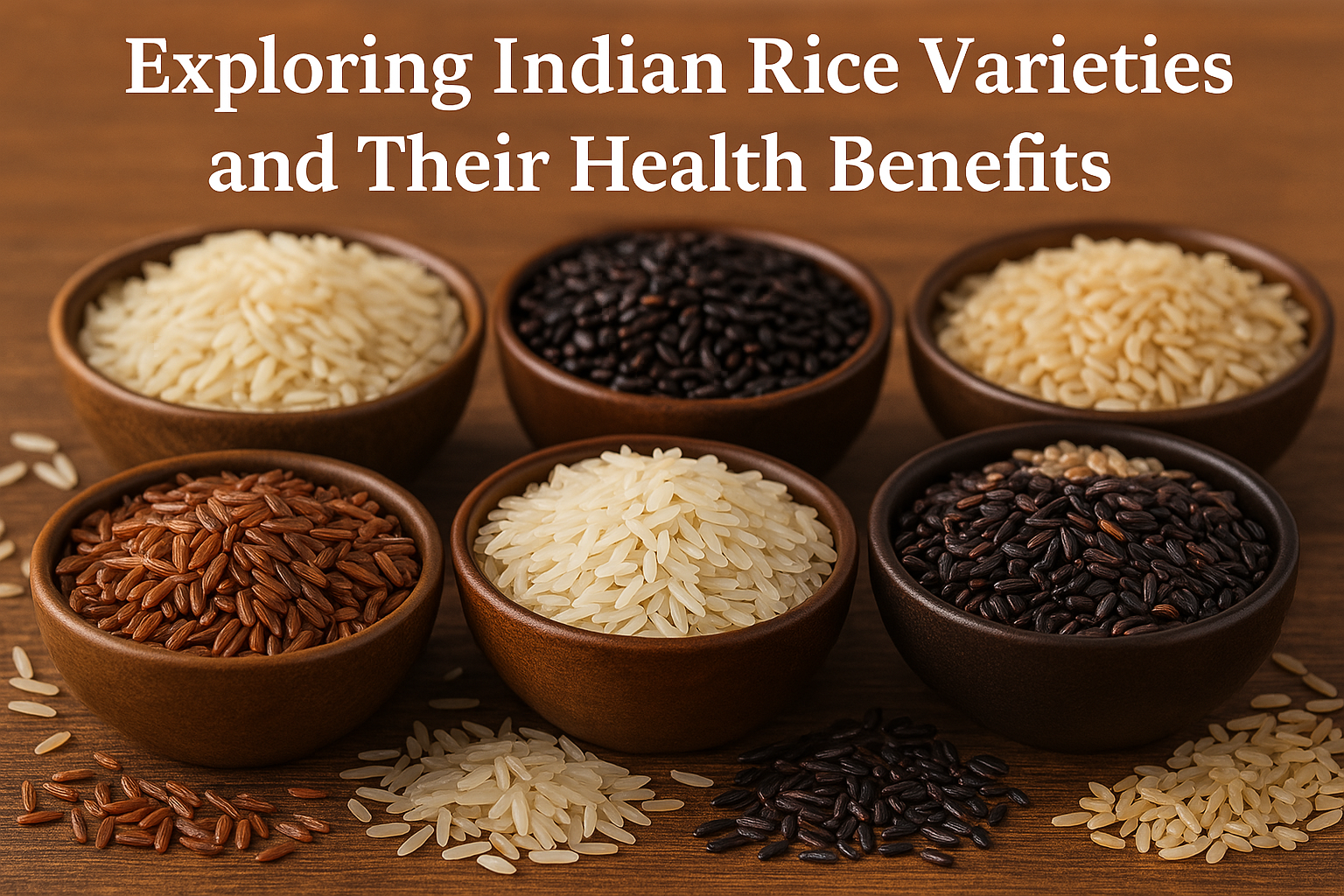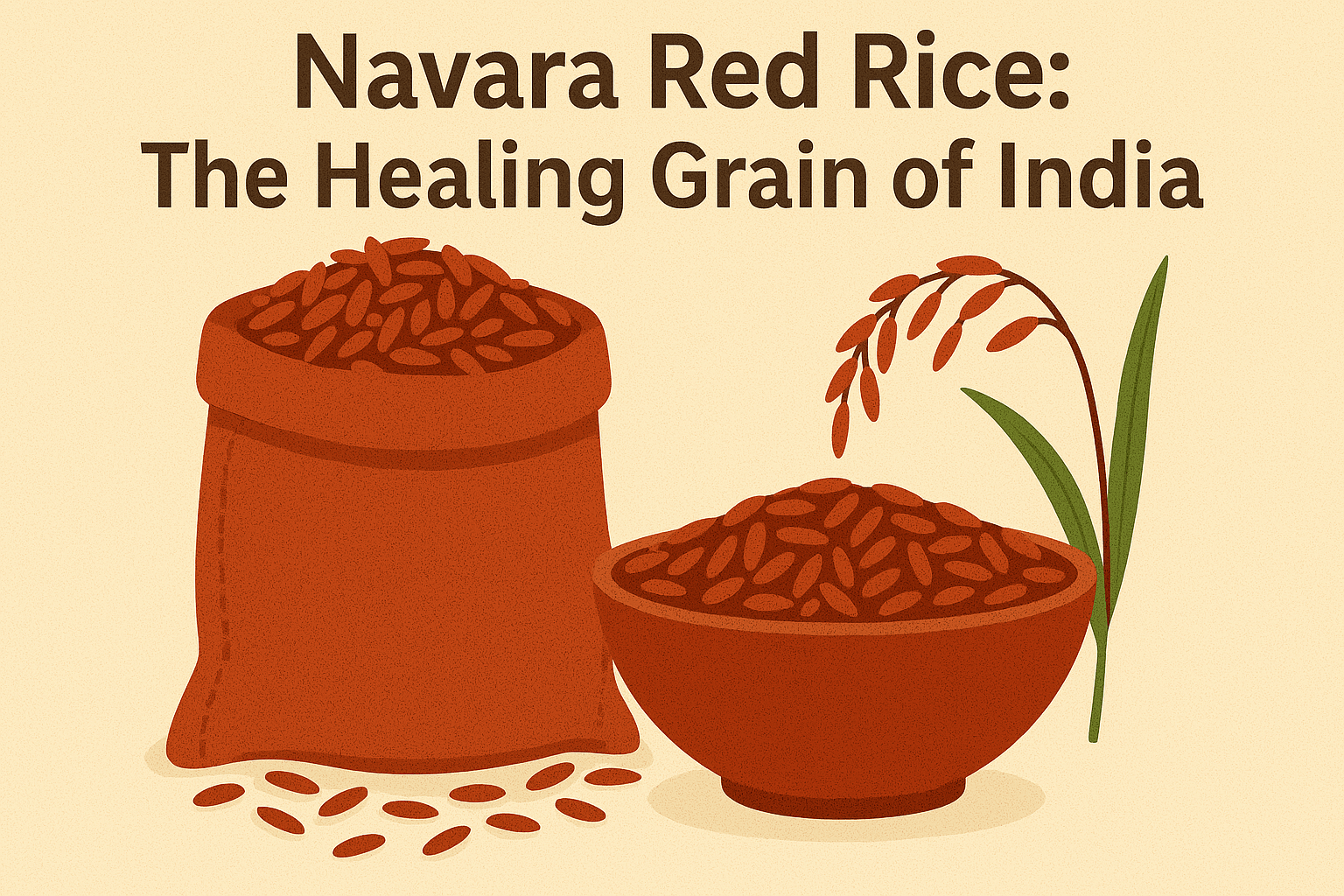You may have heard of vampires, the undead creatures that suck blood from their victims and can only be killed by sunlight, garlic, or a stake through the heart. But did you know that real-life vampires are lurking in the soil? They are not bats, rats, or bugs but viruses that prey on other viruses to survive. Dhanush Kumar writes about the new virus discovered for the first time in the US Soil.

What are Vampire Viruses?
Vampire Viruses are a type of satellite virus, which means they depend on another virus, called a helper virus, to replicate. They attach themselves to the helper virus and use its genetic material and machinery to make copies of themselves. They are like parasites that leech off their hosts or like vampires that latch onto the necks of their victims.

The first known vampire virus was discovered in 2023 by researchers from the University of Maryland, Baltimore County, and Washington University in St. Louis. They named it MiniFlayer, after the fictional character from the Buffy the Vampire Slayer TV series. The helper virus that MiniFlayer infects is MindFlayer, after another fictional character from the Stranger Things TV series.
How Do Vampire Viruses Affect The Soil? The soil is home to millions of microorganisms, including bacteria, fungi, and viruses. These microbes are essential in soil health, nutrient cycling, and plant growth. Some viruses benefit the soil, as they help control the population of harmful bacteria or fungi. Other viruses are dangerous, as they cause diseases in plants or animals.

Vampire viruses can have both positive and negative effects on the soil. On one hand, they can eliminate harmful viruses that affect crops, such as the tomato spotted wilt virus or the tobacco mosaic virus. On the other hand, they can also kill beneficial viruses that help maintain the soil balance.
How to Protect Yourself from Vampire Viruses? Unlike the vampires in movies or books, vampire viruses do not directly threaten humans. They are too small to infect human cells and only target specific viruses in the soil. However, they can still affect human health indirectly by altering the soil quality and food production. There, it is essential to monitor the presence and activity of vampire viruses in the soil and to take measures to prevent their spread.

Some of the possible ways to protect yourself are:
- Avoid contact with soil that is known to be contaminated with vampire viruses. Wear gloves, masks, and protective clothing when handling such soil.
- Wash your hands and sanitize your tools after working with soil. Do not eat or drink anything that has been in contact with soil.
- Use organic fertilizers and composts. These can enrich the soil with beneficial microbes and nutrients and boost the soil’s immunity against vampire viruses.
Conclusion:
Vampire viruses are the new horror in the soil but are not invincible. We can coexist with them and keep our soil healthy and productive with proper knowledge, awareness, and precaution. Remember, the best way to fight vampires is to shine a light on them.
































